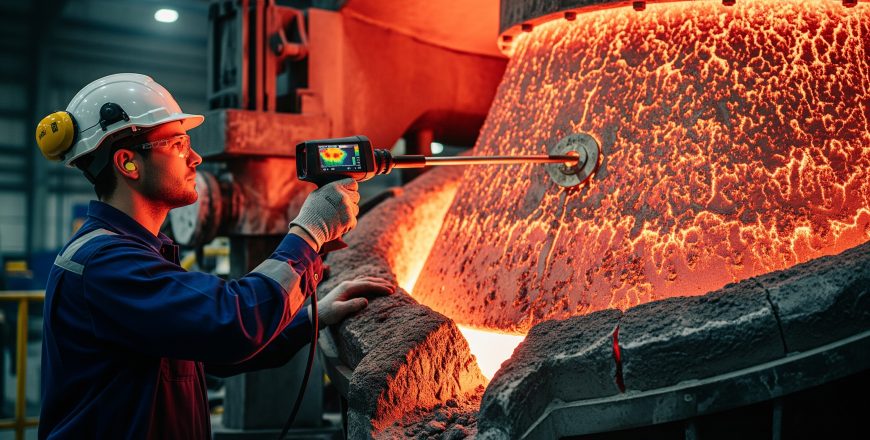Refractory Furnace Operations and Maintenance (28th July – 1st August 2025)
- Description
- Reviews
A Hot Spot on a Furnace Shell Isn’t a Problem for Tomorrow. It’s an Emergency Today. Master the Skills to Prevent Catastrophic Furnace Failure.
In high-temperature process units like reformers and thermal oxidizers, the refractory lining is the most critical asset. Its failure means immediate shutdown, huge production losses, and unacceptable safety risks. To prevent this, your team needs to move beyond simple repairs and master the entire lifecycle of furnace management—from proper operation to advanced troubleshooting.
This intensive 5-day course is designed for the hands-on professionals who own the integrity of these high-value assets. We provide a deep, practical understanding of furnace operations, lining failure analysis, inspection techniques, and reliability enhancement. Drawing on real-world case studies from GTL and reformer environments, this course equips you with the skills to diagnose problems early, manage turnarounds effectively, and extend the life of your critical refractory systems.
In This Course, You Will Master How To:
-
Diagnose the root cause of refractory failures, including thermal shock, spalling, and chemical attack.
-
Operate furnace burners effectively to prevent flame impingement and uneven heating.
-
Use infrared (IR) thermography to detect hot spots and monitor lining performance in real-time.
-
Develop comprehensive shutdown inspection plans and lead QA/QC during turnarounds.
-
Apply best practices for installation and dry-out to prevent premature lining failure.
-
Implement strategies to enhance reliability and extend the operational life of your furnaces.
Who Is This Course For?
This course is essential for the front-line teams responsible for the health of high-temperature furnaces:
-
Furnace & Process Operators
-
Maintenance & Reliability Engineers
-
Refractory Supervisors & Operations Crew
-
Asset Integrity & Inspection Teams
Don’t wait for a failure to happen. Enroll today and gain the proactive skills to manage your most critical high-temperature assets.





